Hearing Aid Cost for Pensioners – Save More
Book An Appointment Today!
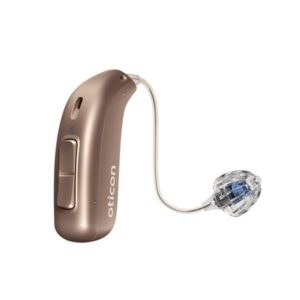
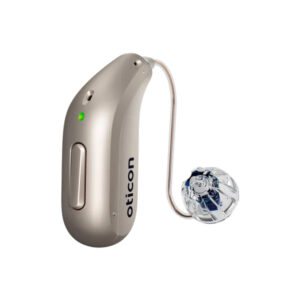
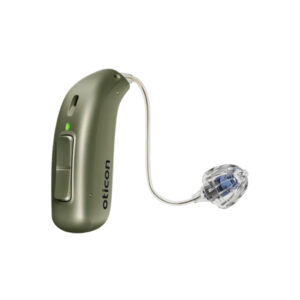
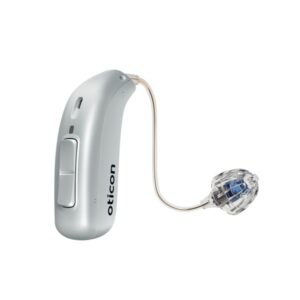
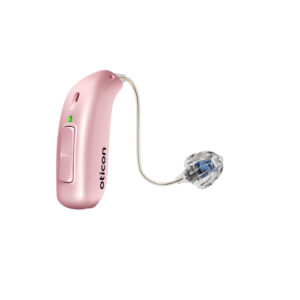
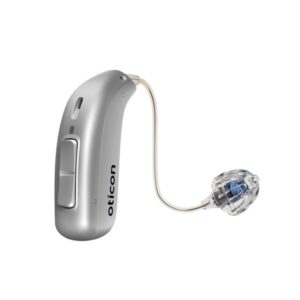
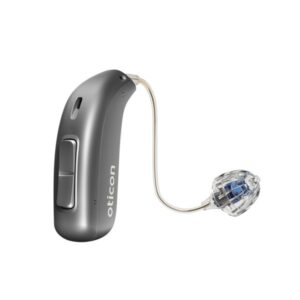
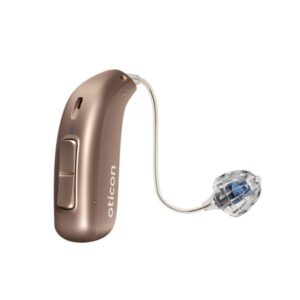
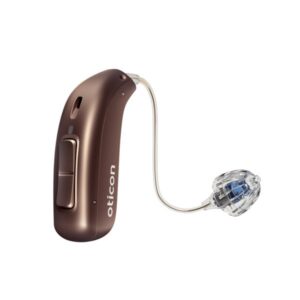
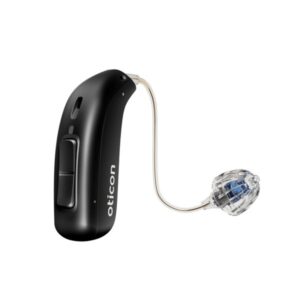
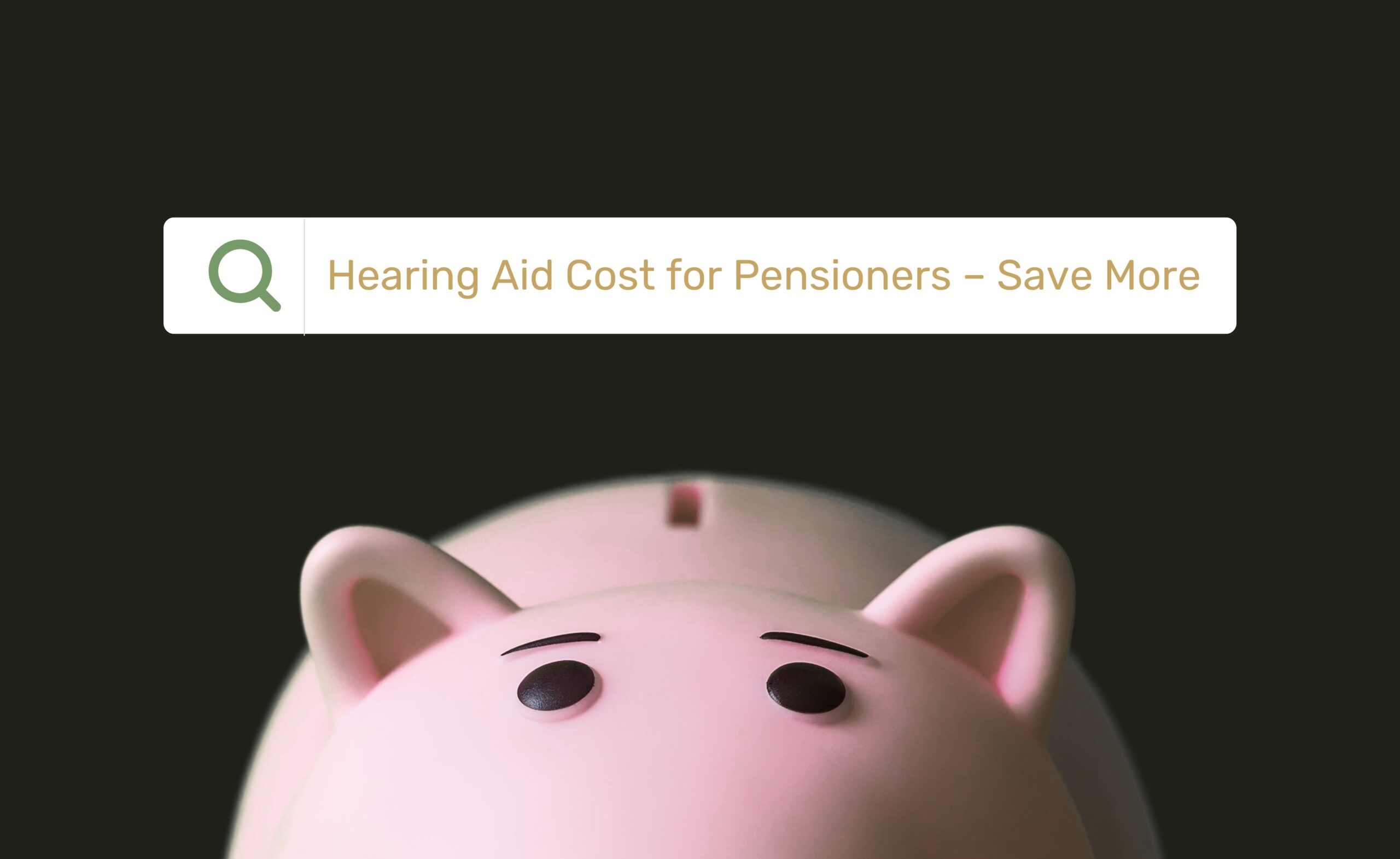
More than 1.5 billion people globally live with hearing loss; this is projected to rise to 2.5 billion by 2050. Understanding hearing aid cost for pensioners can feel overwhelming, especially with so many options and price points available. If you’re living on a fixed income, finding a solution that balances affordability with quality is key. This guide breaks down everything you need to know—from what affects pricing to smart ways to save—so you can make confident, informed decisions about your hearing health.
Understanding Hearing Aid Costs
Hearing aids are sophisticated devices designed to improve hearing by amplifying sounds. They come in various styles, sizes, and technological features, all of which can affect their cost. As a pensioner, it’s important to understand these factors to make a choice that suits your needs and budget.
Factors Influencing Hearing Aid Prices
- Technology Level: Basic hearing aids amplify sounds but may lack advanced features like noise reduction or connectivity options. More advanced hearing aids offer features like Bluetooth connectivity, rechargeability, and automatic sound adjustment, which can increase the cost.
- Style and Size: Hearing aids come in different styles, such as behind-the-ear (BTE), in-the-ear (ITE), and completely-in-canal (CIC). Smaller devices tend to be more expensive due to the miniaturization of components.
- Brand and Model: Just like other electronic devices, hearing aids vary in price based on the brand and model. Reputable brands may cost more but often come with better customer support and warranty options.
- Professional Services: The cost of hearing aids often includes services like hearing tests, fitting, and follow-up appointments. These are crucial for ensuring the hearing aid works properly and fits comfortably.
Average Cost of Hearing Aids for Pensioners
In general, hearing aids can range from $1,000 to $6,000 per pair. It’s important to note that these costs can vary based on the factors mentioned above. While this might seem expensive, there are ways to make hearing aids more affordable.
Saving on Hearing Aid Costs
For pensioners, managing expenses is crucial. Here are some strategies to help reduce the cost of hearing aids:
Explore Government Programs and Subsidies
Many governments offer programs to assist pensioners with the cost of hearing aids. Check with your local healthcare provider or government health department to see if you qualify for subsidies or financial assistance. These programs can significantly reduce out-of-pocket expenses.
Compare Prices and Shop Around
Don’t settle for the first offer you receive. Compare prices from different audiologists and retailers. Some may offer discounts or package deals that include additional services like extended warranties or free batteries.
Consider Insurance Coverage
Check if your health insurance covers hearing aids. Some policies may include partial or full coverage for hearing assessments and devices. If you have a private health insurance plan, inquire about your benefits and any potential coverage for hearing aids.
Opt for Essential Features
While advanced features are appealing, they may not always be necessary for your lifestyle. Discuss your specific hearing needs with your audiologist to determine which features are essential and which you can do without. This can help lower the cost significantly.
Look for Refurbished or Discounted Models
Some hearing aid providers offer refurbished or older models at a discounted price. These devices are typically in good working condition and can be a cost-effective option for pensioners on a budget.
Additional Tips for Pensioners
Here are some additional tips to consider when purchasing hearing aids:
Schedule Regular Hearing Tests
Hearing can change over time, and regular hearing tests ensure your hearing aids are adjusted to meet your current needs. Many providers offer free or low-cost hearing tests, especially for seniors.
Take Advantage of Trial Periods
Most hearing aid providers offer a trial period, allowing you to test the hearing aids before committing to a purchase. Use this time to ensure the device fits well, is comfortable, and meets your hearing needs.
Maintain and Clean Your Hearing Aids
Proper maintenance can extend the lifespan of your hearing aids, reducing the need for costly repairs or replacements. Regularly clean your devices according to the manufacturer’s instructions and schedule check-ups with your audiologist.
Stay Informed About New Technologies
The hearing aid industry is continually evolving, with new technologies and features being introduced regularly. Stay informed about these advancements, as they may offer improved hearing solutions at competitive prices.
Conclusion
Purchasing hearing aids is a significant investment, especially for pensioners living on a fixed income. By understanding the factors that influence hearing aid prices and exploring options for savings, you can make an informed decision that balances cost with quality.
Remember to explore government programs, shop around for the best deals, and prioritize essential features to ensure you get the most value from your hearing aids. With the right approach, you can enhance your quality of life without breaking the bank.

